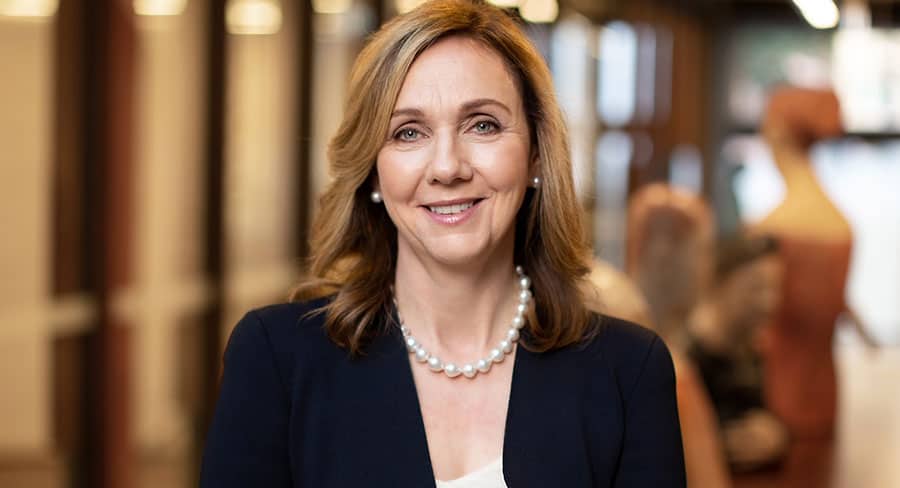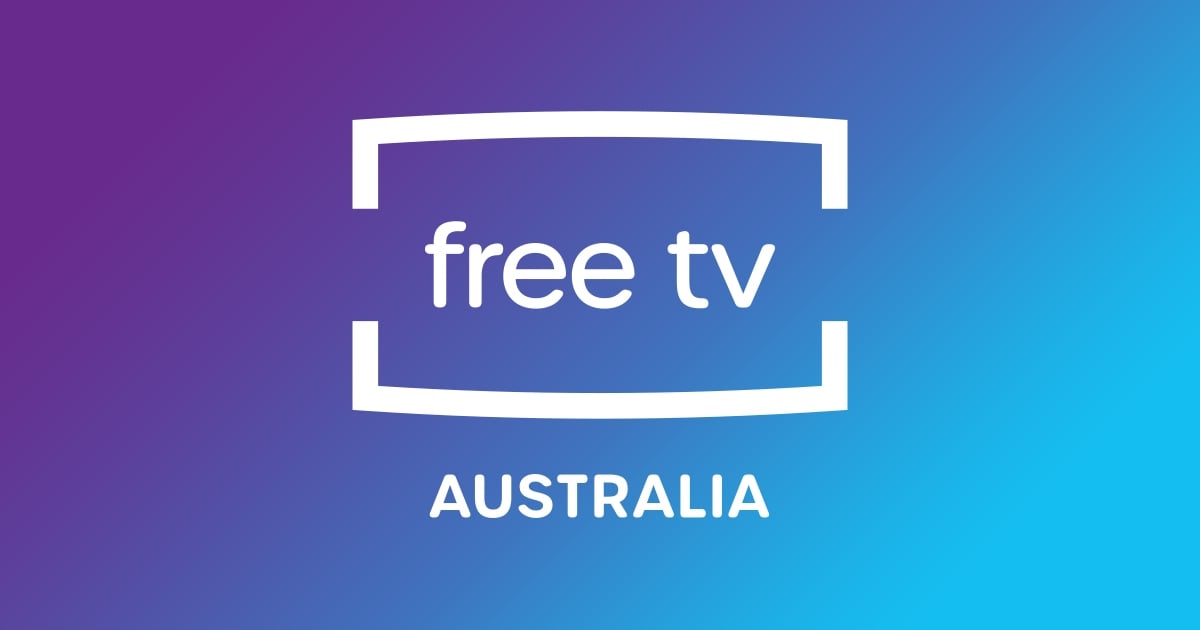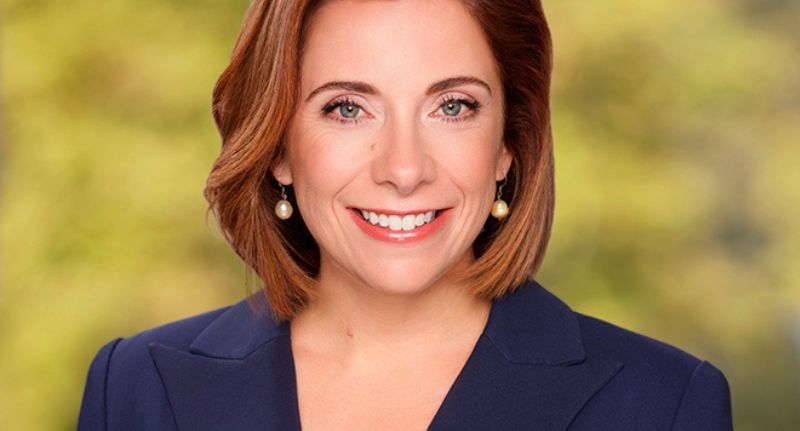In a move that could reshape the broadcasting and media landscape, Free TV Australia has formally welcomed the Hon. Anika Wells MP as the new communications and sport minister.
Her appointment is being heralded as a potential inflection point for Australia’s free-to-air broadcasting ecosystem, especially as the sector faces regulatory pressure, digital disruption, and an ongoing battle to retain relevance and reach in an increasingly fragmented media environment.
Free TV CEO Bridget Fair said Wells’ dual role presents “a unique opportunity to strengthen vital services, which millions of Australians rely on every day, free of charge.”

Bridget Fair
A local lens
Fair made it clear that free, local, and universal television remains a cornerstone of Australian culture and democracy, and she believes Wells is well-placed to safeguard that legacy.
“Major sporting events are moments when the nation comes together,” Fair said. “Whether it’s families watching a grand final or communities rallying behind our Olympic athletes, these shared experiences foster social cohesion and national pride, something only Free TV services can deliver.”
Importantly, Fair stressed the tangible social benefits of accessible sport on screen. “When young Australians see their heroes on free TV, they’re inspired to get active, contributing to healthier communities and nurturing the next generation of sporting talent.”
Policy priorities in a changing media landscape
Free TV has outlined a number of priorities it hopes to advance in partnership with Minister Wells, including:
• Strengthening anti-siphoning laws to keep live sport accessible to all Australians.
• Removing the Commercial Broadcasting Tax, seen by many as an outdated burden.
• Implementing prominence laws to ensure free-to-air content can be easily located on smart TVs and connected devices.
• Supporting regulation of digital platforms to ensure fair payment for Australian news content.
• Bolstering the viability of regional and remote broadcasting services.
“There is important work ahead to ensure the sustainability of Australia’s commercial television sector,” Fair said. “We look forward to working closely with Minister Wells on shared priorities.”
A track record of cultural support
Wells’ appointment has been broadly welcomed across the media and screen sectors, thanks in no small part to her strong voting record in support of the Australian film and television industry.
According to data from They Vote For You, Wells has consistently voted to increase financial support for the local screen sector, underscoring her alignment with cultural policy priorities that are important to broadcasters and content producers alike.

A vocal defender of the ABC
Wells has also long been a vocal advocate for public interest media, particularly the ABC.
In a 2020 parliamentary speech titled Defend the ABC, she pushed back against proposed funding cuts, urging her colleagues to consider the consequences for rural and regional communities in particular.
“Tinkering with the ABC Act and ABC Charter doesn’t help Australians living in rural and regional Australia and doesn’t constitute a plan to address the decline in local reporting,” Wells told parliament.
She went on to highlight the essential role the ABC plays in emergency broadcasting, public accountability, and holding power to account, elements increasingly under threat amid shrinking newsrooms and hostile regulatory environments.
In that same speech, she underscored the idea that the ABC is “the most trusted news source in Australia,” and warned against the cultural cost of diminishing its capacity: “We will be lesser for having tried to bring down one of our greatest public institutions.”
An Intersection of Sport, Culture, and Media
The pairing of Communications and Sport in a single ministry may have raised some eyebrows, but Free TV believes it represents a strategic alignment. With live sport being one of the last remaining mass-reach events in a declining linear environment, the synergies between the portfolios are increasingly obvious.
As Fair put it: “The Minister will have responsibility for two locally focused policy areas that are deeply connected in the lives of all Australians.”
